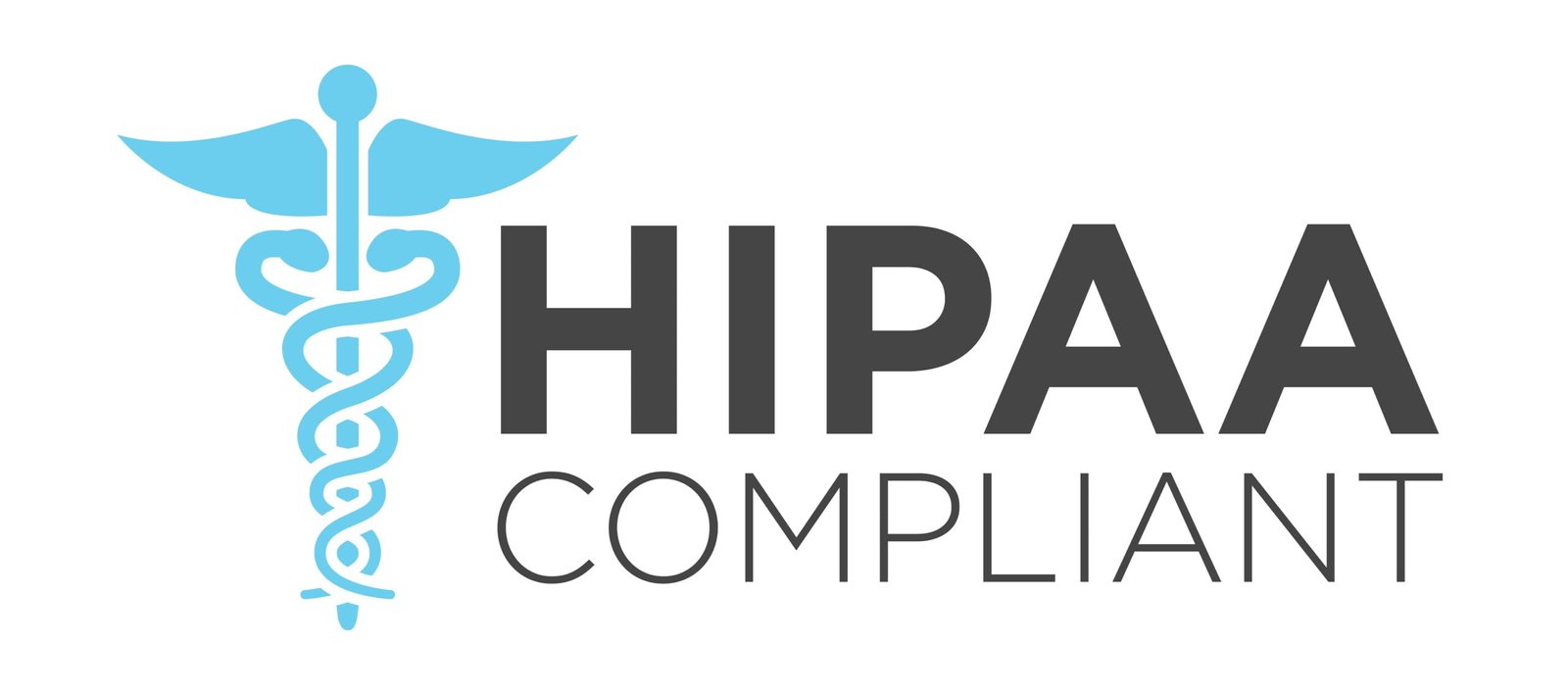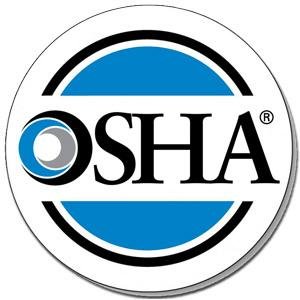
The Importance of HIPAA Certification for Healthcare Professionals
In the rapidly evolving landscape of healthcare, ensuring the confidentiality, integrity, and availability of patient information is paramount. The Health Insurance Portability and Accountability Act (HIPAA) sets the standard for protecting sensitive patient data in the United States. For healthcare professionals and organizations, achieving HIPAA certification is not just a regulatory requirement but a cornerstone of trust and security. Here’s why HIPAA certification is essential and how it benefits your medical career and organization.
What is HIPAA Certification?
HIPAA certification is a comprehensive process that validates an organization’s adherence to HIPAA regulations. These regulations encompass a set of national standards designed to protect individuals’ medical records and other personal health information. HIPAA consists of several rules, including the Privacy Rule, Security Rule, and Breach Notification Rule, each addressing different aspects of data protection.
Why is HIPAA Certification Important?
1. Legal Compliance
HIPAA compliance is a legal requirement for healthcare providers, insurers, and other entities handling protected health information (PHI). Non-compliance can result in severe penalties, including substantial fines and potential criminal charges. By achieving HIPAA certification, organizations demonstrate their commitment to following federal laws and regulations, thereby avoiding legal repercussions.
2. Enhanced Patient Trust
Patients entrust healthcare providers with their most sensitive information. HIPAA certification assures patients that their data is handled with the utmost care and security. This trust is crucial for maintaining patient loyalty and fostering a positive reputation in the healthcare industry.
3. Data Security
With the increasing prevalence of cyber threats, safeguarding PHI has never been more critical. HIPAA certification ensures that robust security measures are in place to protect against data breaches and unauthorized access. This includes implementing encryption, access controls, and regular security assessments.
4. Operational Efficiency
HIPAA certification involves streamlining processes and adopting best practices for data management. This can lead to improved operational efficiency, reduced risk of errors, and enhanced overall performance. By adhering to HIPAA standards, organizations can create a more secure and efficient workflow.
5. Competitive Advantage
In a competitive healthcare market, HIPAA certification can set your organization apart from others. It serves as a mark of excellence and reliability, giving you an edge when attracting patients, partners, and clients. Certified organizations are often preferred by insurers and other stakeholders who prioritize data security and compliance.
How to Achieve HIPAA Certification
Achieving HIPAA certification involves several key steps:
- Conduct a Risk Assessment: Identify potential risks to PHI and develop strategies to mitigate them.
- Implement Policies and Procedures: Establish comprehensive policies and procedures to ensure compliance with HIPAA regulations.
- Training and Education: Provide regular training to staff on HIPAA requirements and best practices for data protection.
- Monitor and Audit: Continuously monitor compliance efforts and conduct periodic audits to identify and address any gaps.
Conclusion
HIPAA certification is more than a regulatory obligation; it is a commitment to protecting patient privacy and ensuring data security. For healthcare professionals and organizations, achieving HIPAA certification is a vital step towards building trust, enhancing security, and gaining a competitive advantage. At Clinical Solution Medical Training, we offer comprehensive training and certification programs to help you navigate the complexities of HIPAA compliance and achieve excellence in your healthcare practice.
For more information on our training programs and how we can help you achieve HIPAA certification, contact us today.




